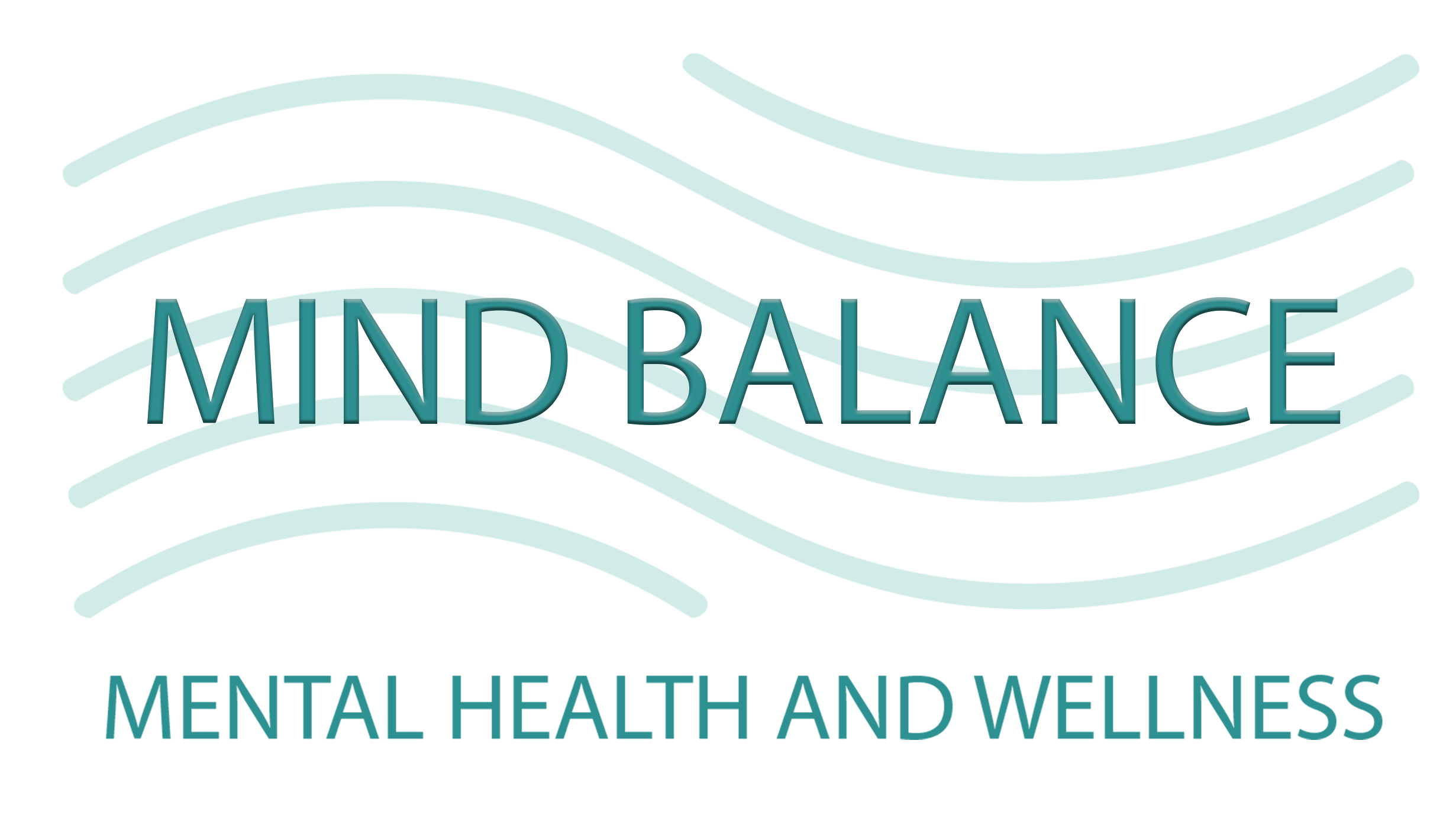Benefits of Mind Balance Mental Health
At Mind Balance Mental Health, we pride ourselves on offering a wide range of services and personalized care to support the well-being of those we serve. Our dedicated team is committed to providing the highest quality mental health treatment for various conditions, including ADHD.
Comprehensive Mental Health Services
Our approach to mental health encompasses a comprehensive suite of services designed to meet the unique needs of each individual. We understand that mental health is multifaceted and requires an integrated treatment plan to achieve the best outcomes. Here’s what we offer:
Multidisciplinary Approach
By combining medication management, cognitive-behavioral therapy, and educational interventions, we create tailored treatment plans that facilitate significant improvements in quality of life. Our team includes psychiatrists, therapists, and wellness coaches working collaboratively to provide holistic care.
Variety of Treatment Options
Whether you need anxiety treatment, depression treatment, bipolar disorder treatment, or ptsd treatment, we have specialized services to address each condition comprehensively. We also offer tele-psychiatry for convenient access to our services from the comfort of your home.
Evidence-Based Therapies
Our treatment methodologies are grounded in evidence-based practices to ensure efficacious and safe outcomes. We utilize advanced diagnostic tools and treatments like SPECT scans to formulate accurate diagnoses and effective treatment plans.
Personalized Wellness Strategies
Understanding that each person’s mental health journey is unique, we emphasize the importance of personalized care strategies.
Tailored Care Plans
Our personalized care plans consider an individual’s specific symptoms, lifestyle, and preferences to design an optimal treatment strategy. This can range from personalized medication regimens to specialized behavioral health treatments.
Accessible and Flexible Services
We offer flexible appointment options, including evening and weekend slots, to accommodate various schedules. Our focus on accessibility and client satisfaction is akin to the services provided by Thriveworks, ensuring that help is available when you need it the most.
Ongoing Support and Monitoring
Continuous support and monitoring are critical components of our approach. Using digital therapeutic devices and tools similar to those provided by ADHD Online, we ensure that individuals receive ongoing care and adjustments to their treatment plans as necessary.
By choosing Mind Balance Mental Health, you are opting for a comprehensive, personalized, and evidence-based approach to mental health treatment. We are here to support and guide you every step of the way on your journey towards improved mental well-being. For more information, explore our section on behavioral treatments for ADHD.
Understanding ADHD Treatment Options
At Mind Balance Mental Health and Wellness, we provide a comprehensive approach to treating ADHD. Our tailored ADHD treatment options include both behavioral therapies and medication approaches, ensuring our clients receive the support they need.
Behavioral Therapies
Behavioral therapies are an essential component of ADHD treatment. These therapies focus on helping individuals develop skills to manage symptoms and improve daily functioning. According to experts, behavior therapy and medication combined are the most effective way to treat ADHD.
Two common behavioral therapies include:
- Parent Training Programs: These programs educate parents on strategies to help their children with ADHD. Techniques may include positive reinforcement, structure, and consistent discipline. Better parenting strategies lead to improved behavior at home and school.
- Enhancing Executive Functions: This approach helps individuals with ADHD improve their organizational and planning skills. Techniques include using visual aids, checklists, and time management tools.
Medication Approaches
Medication is often prescribed to manage ADHD symptoms effectively. There are different types of medications available, each targeting different aspects of the disorder. The two primary categories are stimulant and non-stimulant medications.
Stimulant Medications
Stimulant medications are the most commonly prescribed drugs for ADHD. They work by increasing levels of dopamine and norepinephrine in the brain, aiding in focus and attention. Stimulants are available in short-acting, intermediate-acting, and long-acting forms. Long-acting medications provide day-long symptom relief (WebMD).
Non-Stimulant Medications
Non-stimulants are prescribed when stimulants are ineffective or cause undesirable side effects. These medications work differently by targeting other neurotransmitters or brain chemicals. Non-stimulants can provide a steady treatment effect and are often used in combination with behavioral therapies for optimal results.
Antidepressants in ADHD Treatment
Antidepressants are sometimes used as an alternative treatment for ADHD, especially if there is a co-existing condition like depression or anxiety. While not a first-line treatment, they can be beneficial for some patients.
Combining behavioral interventions with medication is often recommended for the best results. Our multidisciplinary approach ensures that each treatment plan is tailored to suit individual needs, promoting overall mental wellness.
For more information on ADHD treatment, including dietary considerations and alternative treatments, visit our related articles on behavioral health treatment and adhd alternative treatments.
Lifestyle Interventions for ADHD
Addressing ADHD through lifestyle interventions is an essential aspect of our comprehensive treatment approach at Mind Balance Mental Health and Wellness. Our strategies for ADHD treatment include exercise, diet and nutrition considerations, and alternative treatments to help improve focus and manage symptoms.
Exercise and ADHD Symptoms
Exercise plays a crucial role in managing ADHD symptoms. Engaging in 30 minutes of heart-pumping aerobic exercise daily can sharpen focus and reduce symptoms in children, with potential benefits for adults as well (WebMD).
| Exercise Type | Duration | Benefits |
|---|---|---|
| Aerobic Exercise | 30 minutes/day | Improves focus and reduces symptoms |
| Moderate to Intense Activity | Varies | Boosts alertness and neurotransmitter release |
Exercise isn’t just good for the body; it’s also beneficial for the mind. Moderate to intense activity stimulates the release of neurotransmitters, which can enhance alertness and focus.
Diet and Nutrition Considerations
Diet and nutrition have a significant impact on ADHD symptoms. Maintaining a balanced diet and incorporating specific nutrients can help manage the condition. Regular meal times and avoiding processed foods can also support better mental health.
Some dietary considerations include:
- Incorporating whole grains, lean proteins, and plenty of fruits and vegetables
- Reducing sugar and processed foods
- Ensuring adequate intake of Omega-3 fatty acids
Exploring Medication for ADHD
At Mind Balance Mental Health and Wellness, we understand the importance of finding the right medication to effectively manage ADHD symptoms. Here, we explore different medication options, including stimulant medications, non-stimulant medications, and antidepressants.
Stimulant Medications
Stimulant medications are the most commonly prescribed treatment for ADHD. They work by increasing levels of neurotransmitters like dopamine and norepinephrine in the brain, aiding in improving attention and concentration (Cleveland Clinic). Stimulant medications are controlled substances that require regular monitoring by healthcare providers to ensure safety and efficacy.
Regular follow-ups with our outpatient psychiatry team ensure that patients receive the most effective dosage with minimal side effects.
Non-Stimulant Medications
Non-stimulant medications are another option for individuals who may not respond well to stimulants or have a history of substance abuse. These medications enhance norepinephrine levels in the brain, assisting in improving attention, focus, and impulsivity (Cleveland Clinic).
Unlike stimulants, non-stimulant medications may require several weeks to exhibit their full effects. Our tele-psychiatry services provide convenient follow-up appointments to monitor progress and adjust treatment as needed.
Antidepressants in ADHD Treatment
Although not specifically FDA-approved for treating ADHD, healthcare providers may prescribe antidepressants. These medications focus on regulating dopamine and norepinephrine levels to help manage ADHD symptoms. Given their impact on both depression and ADHD, antidepressants are often considered for patients requiring comprehensive mental health treatment.
Choosing the right medication for ADHD involves a thorough evaluation with our mental health professionals. At Mind Balance Mental Health and Wellness, we prioritize personalized care to ensure the best outcomes for our patients. For more information on managing ADHD and other behavioral health concerns, explore our resources on behavioral health treatment.
Behavioral Treatments for ADHD
Behavioral treatments play a crucial role in managing ADHD symptoms, providing essential tools and strategies that help individuals thrive. At Mind Balance Mental Health and Wellness, we focus on comprehensive approaches that include parent training programs, enhancing executive functions, and specific behavioral interventions. Below, we delve into these key areas to showcase their benefits.
Parent Training Programs
Parent training is an integral part of behavioral treatment for ADHD. These programs equip parents with skills to help their children manage impulsive behaviors. By learning effective responses, parents can encourage positive behavior through praise and consistent consequences.
| Key Elements | Benefits |
|---|---|
| Effective response strategies | Encourage positive behavior |
| Consistent consequences | Improve child-parent interaction |
| Praising desired behaviors | Reduce impulsivity |
For more information on managing behavioral health, visit our page on behavioral health treatment.
Enhancing Executive Functions
Improving executive functions is another critical component. Children with ADHD often struggle with organization, planning, and time management. Behavioral training helps these individuals develop the skills needed for academic success and home responsibilities. Tools like checklists, planners, and reward charts are used to aid in this process.
| Tools | Purpose |
|---|---|
| Checklists | Aid organization |
| Planners | Improve time management |
| Reward charts | Motivate and reinforce positive behavior |
Explore more on our mental health treatment page to see how we support comprehensive wellness.
Behavioral Interventions
Behavioral interventions, such as the Daily Report Card, involve both parents and teachers in reinforcing positive behavior. Though these interventions don’t directly affect ADHD symptoms, they improve overall outcomes for children. This process requires a significant commitment of time and effort but yields substantial benefits.
| Intervention | Primary Benefit |
|---|---|
| Daily Report Card | Teacher-parent collaboration |
| Consistent tracking | Better behavioral outcomes |
| Structured rewards | Enhanced motivation |
Learn about additional support systems like tele-psychiatry for continuous care.
Behavior therapy not only focuses on improving attention and activity but also involves setting specific, attainable goals, and consistent application of rewards and consequences.
By integrating these behavioral treatments with professional support, Mind Balance Mental Health and Wellness ensures a well-rounded approach to ADHD management. For those interested in medications or combinative treatments, refer to our section on medication approaches. You can also learn more about our ADHD treatment in Charlotte.





